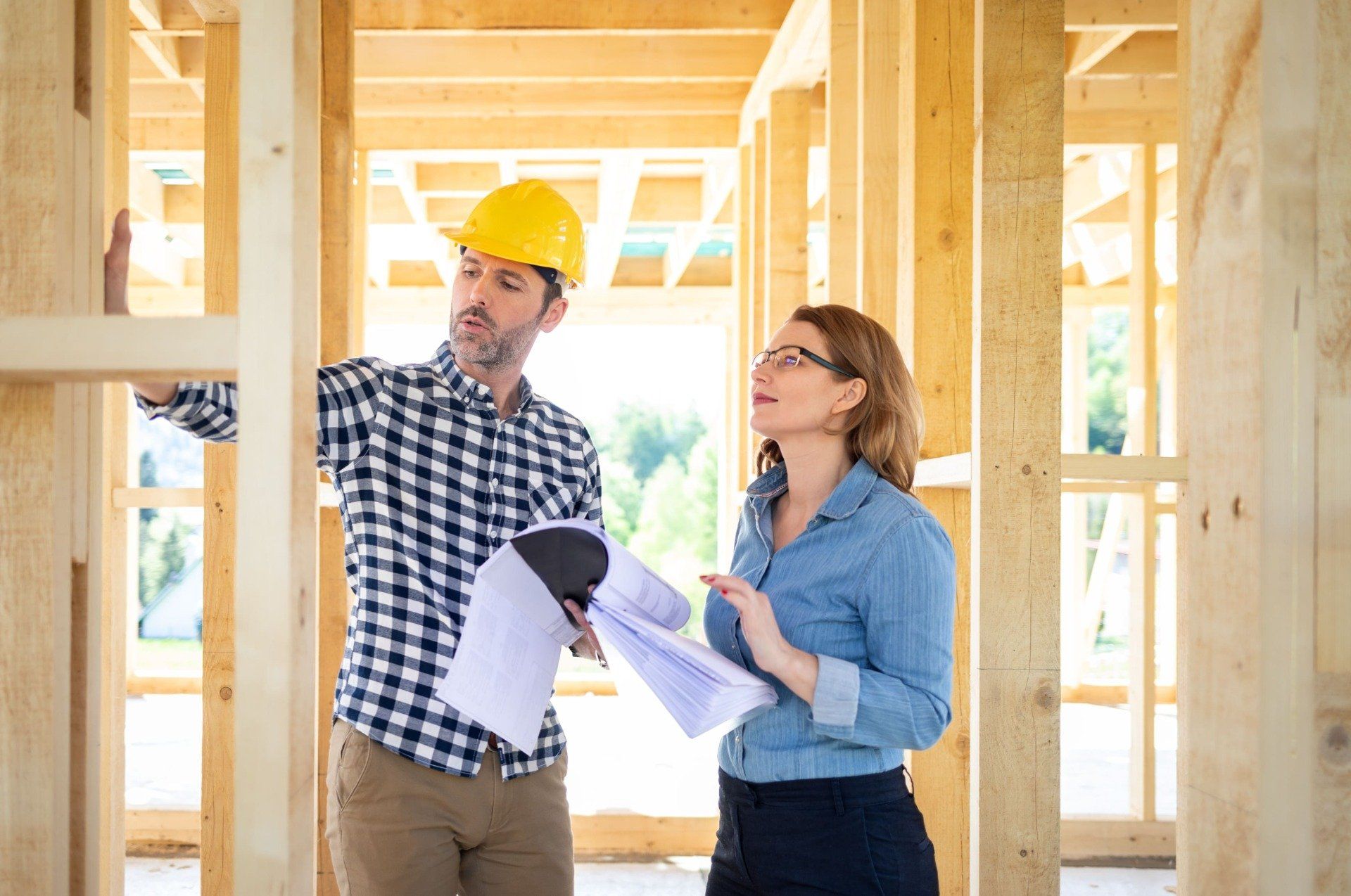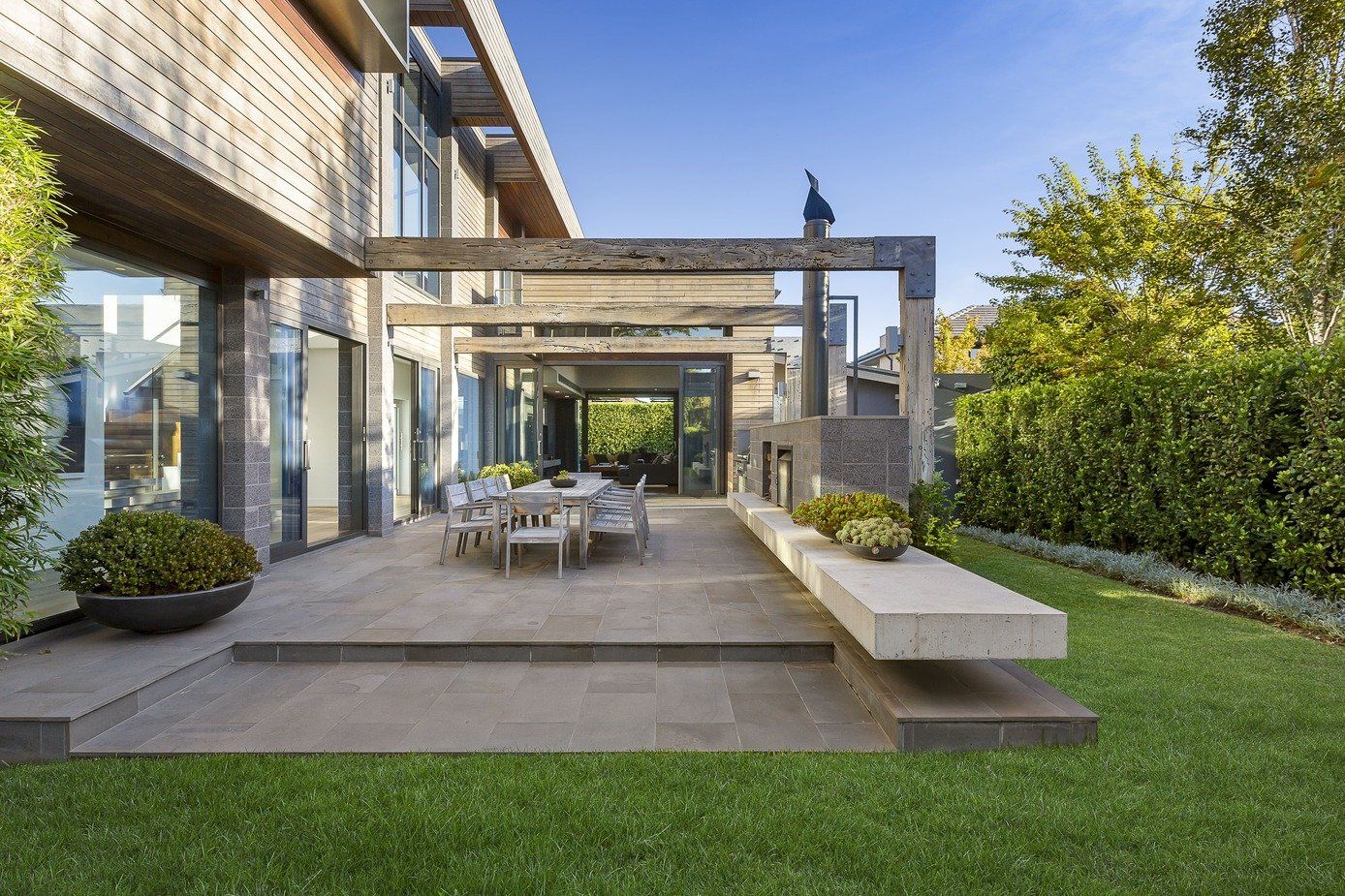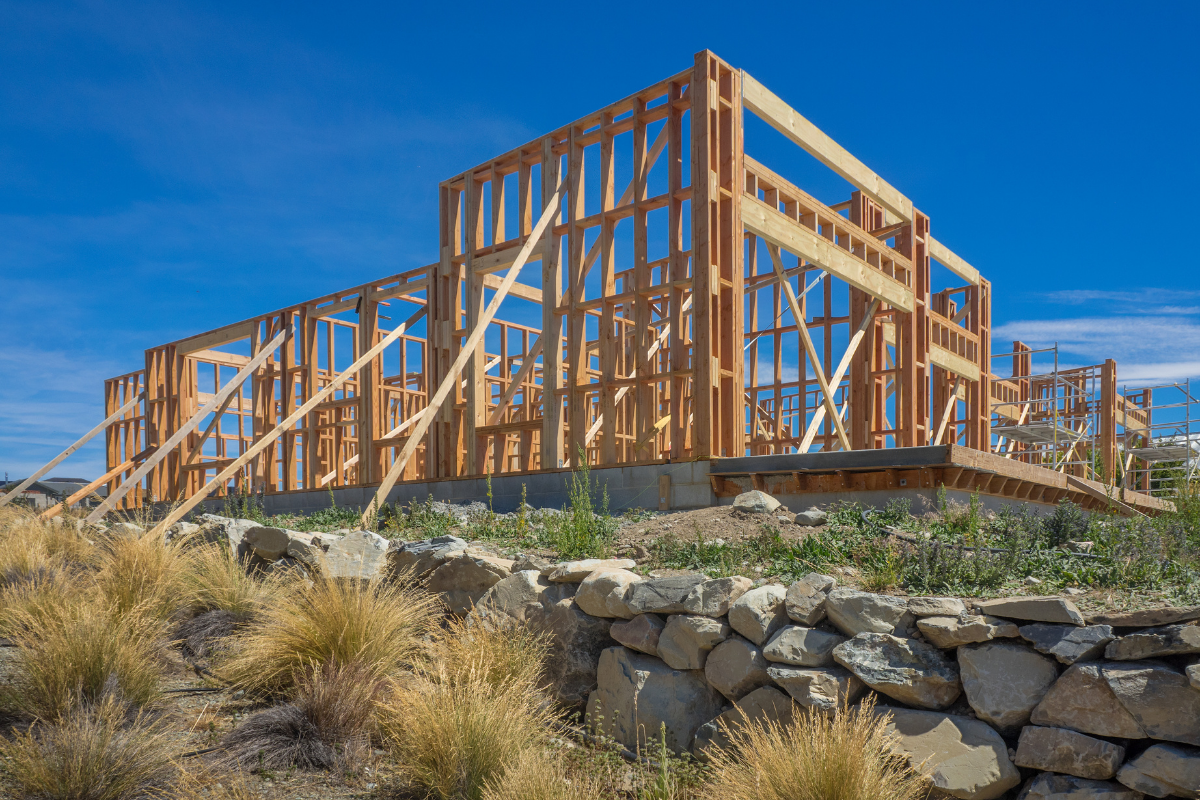The impact of Covid-19 on the building industry
You may have read in the news that the building industry has been significantly impacted by Covid-19; this doesn’t mean it’s a bad time to build a new home, but the building process will be a little bit different. With materials in short supply, and delivery timeframes remaining unpredictable, it’s likely that the build timeframe will also be significantly affected. We’ve put this article together to provide some clarity on what to expect.
What caused the current shortages?
Early in the Covid-19 pandemic, port and factory closures caused major shipping delays, and the flow-on effect is continuing today. In addition, a shortage of shipping containers, combined with a global increase in demand, means that sea freight companies are now prioritising their most profitable routes in Asia, North America, and Europe.
Unfortunately, our location at the bottom of the world - away from the most profitable shipping routes - often means that we’re last on the list. As a result, New Zealand’s building supply companies are experiencing material shortages and delivery delays.
The cost of freight has also shot up due to the increased demand, so we’re seeing price increases on products that aren’t locally manufactured. On the building front, this includes roofing materials, HVAC systems, and aluminium for windows.
What does this mean for builders?
Ongoing delays and unpredictable delivery dates mean we no longer have the same amount of certainty when we plan your build.
In a non-Covid environment, we can confidently order materials and book in subcontractors to complete the installation. However, the current delays mean that even when we order our materials in advance, they may not arrive on the scheduled date - so our planned installation date has to move back. We’ll then need to rebook the subcontractors, and with the current building boom, our contractors are often booked up for weeks in advance. Each time this happens during your build, the timeframe gets pushed out.
It’s really important to point out that this isn’t the fault of any of our suppliers or subcontractors; their teams are doing their absolute best in a stressful situation.
What should clients expect?
A longer build process
We’re currently advising clients that the build process is likely to take an extra four months, from when we submit plans to Council to the completion date. We’ve changed our internal processes to mitigate this as much as possible; we now order all of the major components of your build as early as we can, because we’d rather have them sitting onsite for a few weeks than miss out on a shipment!
We know how frustrating it is for our clients when their build is delayed, and we’ll keep you up to date every step of the way. We’ll minimise the delays as much as we can, and will make sure we come to you with all of the available options.
Potentially limited choices
If you’re building on a fixed timeframe, you may have to choose from a limited selection of colours or materials - we’re noticing this happening frequently with kitchen benchtops and roof colours. You'll have the choice of selecting from the currently available options or waiting weeks for your preferred option to arrive. This won’t affect the cost of your build, but it will extend your timeframe.
Longer consent approval timeframes from Council
While not directly related to Covid-19, the current building boom has had a significant impact on how long it takes Council to approve your building consent. Historically, Council has taken around four weeks to approve a consent; with their current workloads, we’re advising clients to allow three months for their plans to go through the Council approval process.
Note that this only affects builds that need resource consent. If your build doesn’t need a resource consent, our architect can process the consent in 10 days.
Potential impacts on your build cost
Limited material supply has resulted in cost increases for a lot of common building materials; we’ve allowed for a 10-15% price increase across the board.
We’ll be transparent about any price increases, and will make sure that your build contract clearly outlines what you can expect. Depending on your build, we may still be able to offer a fixed-price contract; talk to us for more information about your specific project.
What can we expect in the future?
Unfortunately, signs point towards New Zealand’s building industry continuing to feel the effect of the Covid-19 supply chain delays well into next year. While this isn’t the news we’d like to hear, we’re confident that with continued patience and kindness, our industry will remain strong despite these challenges.



